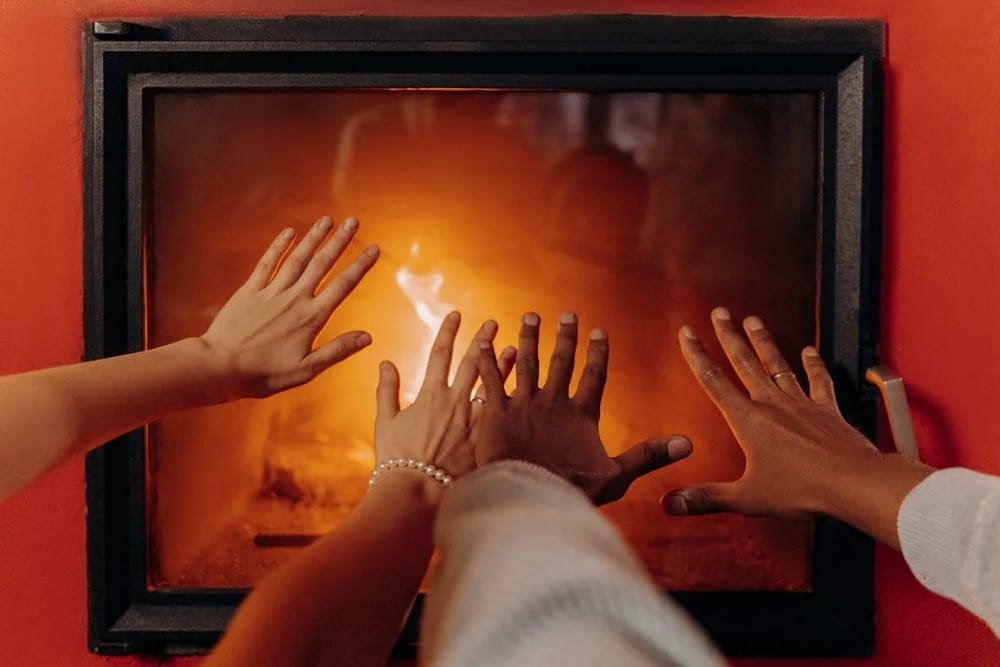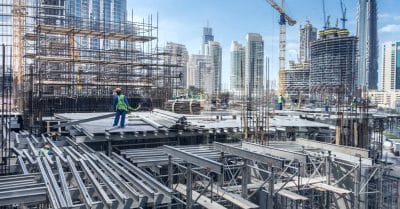
A new furnace is a costly investment that can be repaid in comfort, reduced heating bills, and even home equity. With all the available models, options, and efficiencies, making a purchase clear about what is most important is necessary. Here are five essential things to consider before making your purchase:
Energy Efficiency Rating
The Annual Fuel Utilization Efficiency (AFUE) ratings also define the efficiency level, which determines how well the furnace runs on fuel-to-heat efficiency. The higher the AFUE percentage, the better the system. For example, a 95 AFUE furnace converts 95% of the fuel for heat and 5% escapes. The high-efficiency furnaces perform better but may cost more. If you live somewhere colder, you’ll save rapidly, so a more efficient furnace is a worthwhile investment.
Furnace Type
Natural gas, electricity, and oil each have their own unique strengths. The most popular are gas furnaces, and they are economical with lower operation costs. Most appropriate for you, however, depends on fuel supply availability, local energy rates, and long-term heating requirements.
It is also essential to consider a Single-Stage vs Two-Stage Furnace. The difference between the two is how that system reacts to your home’s needs for heat. A Single-Stage furnace blows at full swing force whenever it’s operating, which can lead to very sudden and drastic temperature swings. A two-stage furnace can run at a reduced capacity in milder weather and ramp up as needed to produce more evenly distributed temperatures.
Furnace Size and Home Compatibility
The appropriately sized furnace is comfortable and economical. An undersized one will not heat your space enough, lower heating bills, and will shorten its life. A competent HVAC expert will do a load computation taking into account your square footage, insulation value, and local climate to ascertain a suitable size. Don’t guess or replace your current furnace with one of the same size. Your needs may have changed since then due to additional features or the application of energy conservation methods.
Installation
Even the best furnace won’t function at its highest potential if improperly installed. Installation issues will result in reduced efficiency, higher repair bills, and a reduced lifespan on your system. This is why you must hire a professional, licensed HVAC technician specializing in installing a furnace of the same brand you are purchasing.
Ask them for references, review online reviews, and make the contractor come to your home in full detail before a quote is given. Any quality installation should include a full ductwork inspection, system balancing, and safety checks to keep your furnace operating perfectly from day one.
Long-Term Maintenance and Warranty
Inquire about what type of maintenance must be done, and if your local contractor has any maintenance plans available. Infrequent replacement and periodic checkups can avoid future repair costs. A good warranty can also prove to be a cash-saver if something goes wrong, especially during the early years of ownership. Choose manufacturers that offer complete parts and heat exchanger coverage. Ensure the warranty stays valid by sticking to the correct usage.
Endnote
Buying a new furnace is more than picking the biggest or the most expensive model. You have to choose the one that works best for your home and budget. Considering your home’s needs, the cost in the long run, and your level of comfort, to ensure you’re making a smart investment. With proper instruction and professional installation, you’ll keep your energy bills under control regardless of the environmental factor.








